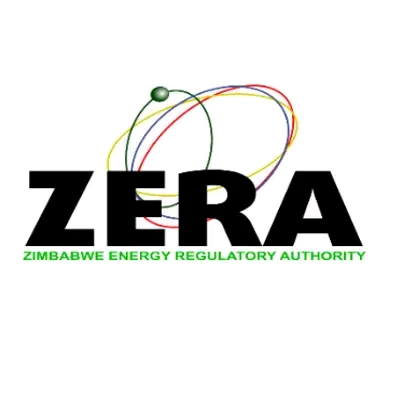
The Zimbabwe Regulatory Authority (ZERA) has taken decisive action by publicizing a list of companies operating service stations that have been caught selling contaminated fuel or misleadingly selling blended fuel as unblended. Among the 12 service stations identified are Elima Fuels VID Eastlea, Elima Ruwa, Elima Waterfalls, Knars Petroleum Marondera, Rubel Energy Mufakose, AA Fuels Southerton, Mt Meru Mbare, Busuman Motors Bulawayo, All Oils Ardbennie, DA Motors Mutare, Flo Petroleum Masvingo, and Pitstop Hatcliff. Notably, Elima Ruwa, a repeat offender, was not only fined but also had its license canceled, and the site was shut down.
While ZERA’s transparency in exposing these violations is commendable, the mere imposition of fines on offending service stations is insufficient to address the gravity of the issue. More stringent measures are needed to ensure compliance and protect consumers. ZERA should consider confiscating and destroying contaminated fuel, temporarily shutting down the offending service stations, suspending their licenses, and conducting thorough investigations to identify the cause of contamination. Only after corrective actions are enforced should the suspension be lifted, accompanied by appropriate fines.
Particular attention must be given to companies like Elima, which have repeatedly violated regulations by selling contaminated fuel at multiple service stations. The persistent infractions suggest a deliberate disregard for regulations and possibly the use of bribery to avoid accountability. Such companies undermine public trust and should have their operating licenses permanently revoked, as they have no place in a Zimbabwe that is open for business.
The sale of contaminated fuel poses significant risks to the transportation sector, which is critical to keeping the economy moving, especially in a country with limited rail services. Contaminated fuel can cause severe damage to vehicles, including engine corrosion, fuel system clogging, fuel pump failure, engine knocking, reduced fuel efficiency, and even complete engine failure. These issues not only erode motorists’ disposable income but also accelerate the wear and tear on vehicles, leading to increased imports of replacement vehicles. This, in turn, diverts foreign exchange away from productive purposes, harming the economy.
In essence, selling contaminated fuel is not just a regulatory violation; it is a form of economic sabotage. It undermines the transportation infrastructure, damages valuable assets, and imposes unnecessary costs on consumers and the economy. To prevent further harm, ZERA must enforce stricter penalties and ensure that violators are held accountable, thereby safeguarding both the public and the economy.




